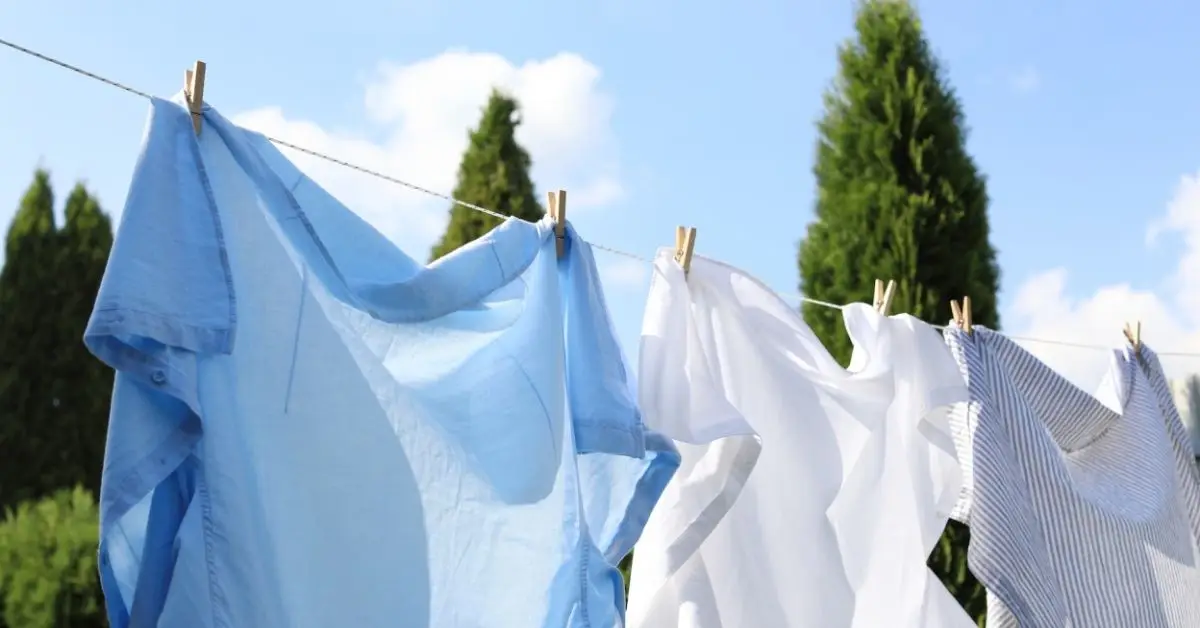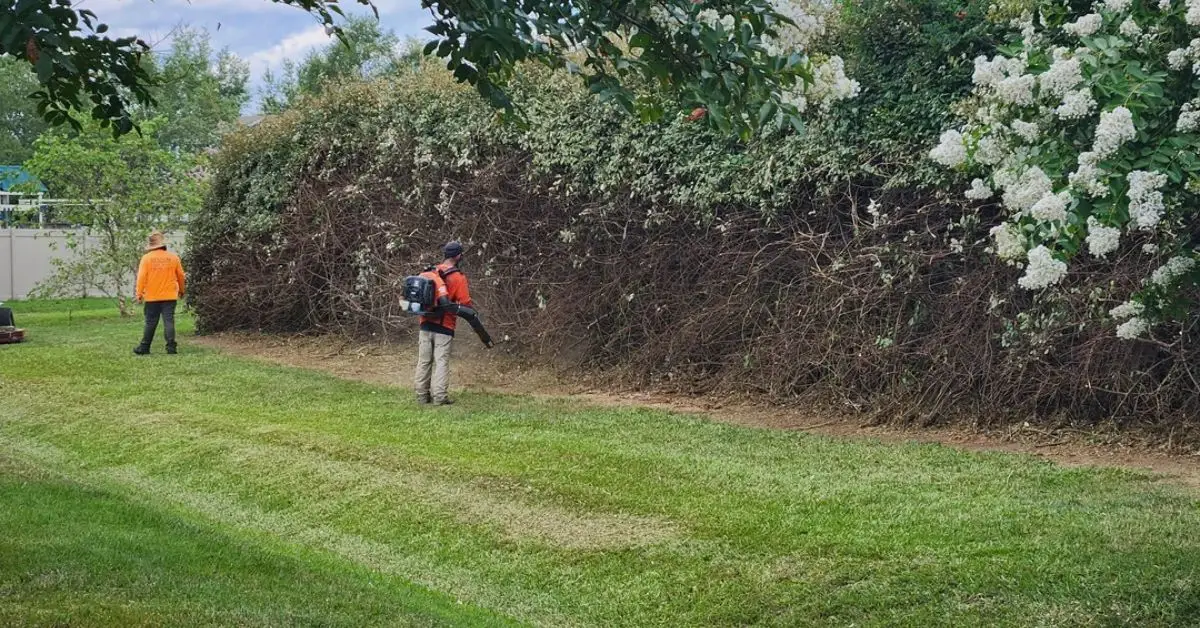Sick of HOA Fines? Here Are 10 Rules They Legally Can’t Enforce
I’ve talked to dozens of homeowners who feel trapped by their HOA. Surprise fines. Letters for minor things. Rules that sound made up. If you’ve ever been penalized for your garden, a flag on your porch, or even your trash bins—this is for you.
Because here’s the truth: HOAs don’t have unlimited power. There are real limits to what they can enforce, even if they try to bluff their way through.
You just need to know what’s legal—and what’s not.
In this article, I’ll walk you through 10 common HOA rules that aren’t enforceable, even though many associations still threaten homeowners over them. Every point is backed by real laws, recent cases, and expert advice—no fluff.
And if you’ve ever felt bullied by your HOA, this is your reminder: you have more rights than you think.
What Your HOA Can Enforce (and Where the Line Is)
Before we get into the rules your HOA can’t touch, let’s get clear on what they can legally enforce—because that’s where most homeowners get tripped up.

When you bought your home, you agreed to what’s called the CC&Rs—the Covenants, Conditions & Restrictions. That’s the HOA’s playbook. It gives them the right to manage shared spaces, set appearance standards, and collect dues. Sounds reasonable, right?
But here’s the catch: CC&Rs don’t override state or federal law. Just because something’s written in your HOA handbook doesn’t mean it’s legal. And a lot of associations either don’t know that—or ignore it.
For example:
- Federal law protects your right to install certain satellite dishes (FCC’s OTARD rule).
- State laws protect things like xeriscaping, political signs, and flag displays.
- The Fair Housing Act prevents any kind of rule that discriminates—intentionally or not.
A lot of HOAs bank on you not knowing these rules. They issue fines hoping you’ll just pay without questioning. But when you understand your actual rights, you can push back—and win.
Pro tip: If you’re not sure what your HOA can legally enforce, start by comparing your CC&Rs with your state’s HOA laws and any recent legislation (like Florida’s 2024 HB 1203). And always document everything.
Want to see the most common HOA rules that flat-out don’t hold up?
Let’s break down the top 10—and how to fight back when your HOA overreaches.
What Most Articles Get Wrong About HOA Rules
Let’s pause for a second and talk about what’s missing from the articles you’ve probably already read.
If you’ve Googled “Things your HOA can’t do,” you’ve seen the same generic lists repeated across sites. Dishes, flags, paint colors—it’s all surface-level. And while those things matter, most articles miss the bigger picture.
The real issue isn’t just what rules exist—it’s how they’re enforced.
Here’s what rarely gets mentioned:
- Selective enforcement: HOAs often target some residents but ignore others. That’s not just shady—it can be illegal under the Fair Housing Act and your state’s HOA statutes.
- No due process: Homeowners get fined or threatened without any formal hearing or documentation.
- Abuse of power: Some boards act more like private governments than neighborhood volunteers. They assume no one will push back.
You won’t find these in the usual listicles—but they’re exactly what frustrates homeowners the most.
Just look at the real complaints on Reddit threads like r/fuckHOA, full of screenshots showing how HOAs selectively fine people over holiday lights or garden gnomes.
This article goes deeper. We’re not just listing rules—we’re breaking down the gaps, the gray areas, and the patterns of abuse most articles avoid.
That’s the difference between knowing the rules—and knowing how to defend yourself.
10 Rules Your HOA Can’t Enforce—Even If They Try
These are the rules that homeowners across the country are wrongly fined for every year. But here’s the truth: most of these aren’t legally enforceable, no matter what your HOA says in their letter.
Let’s get into them one by one.
1. Banning Satellite Dishes or Antennas
Under the FCC’s OTARD rule, your HOA cannot stop you from installing a satellite dish (1 meter or less in diameter) on property you own or rent exclusively—like your balcony, patio, or yard.
Even if they have it in their handbook, federal law overrides it. The same rule applies to certain antennas used for internet or local broadcast TV.
Why this matters: If your HOA threatens you for setting up internet or TV equipment, you can legally ignore them—and even file a complaint with the FCC.
2. Prohibiting Flags and Political Signs
A lot of HOAs try to restrict what you put in your yard or window. But in most states, you have the legal right to display the American flag, and many also protect political, seasonal, or religious signs—especially during elections.
For example, the Freedom to Display the American Flag Act protects your right to fly the flag, even if your HOA objects. Some states, like California and Texas, go further by protecting political signage.
Why this matters: Your front yard is part of your voice. HOAs can regulate placement or size—but they can’t ban your opinion.
3. Fining You Without Due Process
This one’s huge. Many HOAs hand out fines like parking tickets—fast, informal, and without warning.
But in most states, they’re legally required to notify you in writing, give you a chance to respond, and hold a hearing if you request it. No secret fines. No backdated penalties.
For example, Florida’s new HB 1203 law (July 2024) specifically bans fines for early trash cans or decorations unless proper notice is given.
Why this matters: You can dispute unfair fines—and in many cases, the HOA is breaking the law if they skip due process.
4. Selective Enforcement or Discriminatory Rules
An HOA must enforce rules consistently across all residents. If they fine you for something they ignore in someone else’s yard—or target you based on race, age, religion, or family size—they’re violating federal law under the Fair Housing Act.
This is one of the most common abuses: the board president lets their friend slide, but fines you for the same exact thing.
Why this matters: You don’t have to tolerate double standards. If you’re being singled out, you may have grounds for legal action.
5. Banning Gardens, Clotheslines, or Eco-Friendly Yards
Some HOAs want “perfect” lawns. But that’s not always legal. Many states—including Florida, Colorado, and California—protect your right to plant vegetable gardens, install rain barrels, or use water-saving landscaping (xeriscaping).

Lifehacker
In fact, Florida law now protects clotheslines and edible gardens, as long as they’re not visible from the street.
Why this matters: You can save money, reduce water waste, and still stay within the law—even if your HOA doesn’t like the look.
6. Requiring Traditional Lawns Over Xeriscaping
As drought becomes more common, many states now block HOAs from forcing homeowners to maintain high-water grass lawns.
For instance, Colorado’s “Water Rights” laws let you install drought-resistant landscaping, even if your HOA demands sod or daily watering.
Why this matters: You have the right to design a sustainable yard—and not get punished for it.
7. Banning Legal Firearms Inside Your Home
HOAs cannot restrict your Second Amendment rights inside your private residence. While they can regulate public or shared areas (like pools or clubhouses), they cannot stop you from legally storing firearms in your home.
Why this matters: Just because you live in a community doesn’t mean you lose your constitutional rights.
8. Entering Your Property Without Permission
Unless it’s an emergency, most HOAs cannot legally enter your property without giving you written notice and a valid reason. That includes peeking over fences, inspecting your backyard, or snooping around your porch.
Check your governing documents, but in most cases, they need either permission or a clause that’s clearly written into your agreement.
Why this matters: You have the right to privacy—and most HOA board members forget that.
9. Blocking You from Suing the HOA
Some associations include clauses saying you “waive your right to sue.” But those rarely hold up in court.
While you may be required to try mediation or arbitration first, your right to take legal action can’t be blocked entirely. In fact, many successful homeowner lawsuits have started with violations just like the ones above.
Why this matters: If you’re being bullied or fined illegally, you can fight back—and win.
10. Foreclosing on Your Home Over Small Fines
This one scares a lot of people, and for good reason. In some states, HOAs can start foreclosure if you don’t pay dues or fines—but laws vary.
For example, in California and Florida, an HOA usually can’t foreclose over fines alone. Only unpaid dues over a certain amount qualify. Always check your state law before panicking.
Why this matters: Missing a fine isn’t the same as losing your house. Know where the line is—and when you actually need a lawyer.
How to Push Back When Your HOA Crosses the Line
Knowing your rights is one thing. But what do you actually do when your HOA ignores them?

Here’s a straight, no-nonsense plan that real homeowners have used to protect themselves—and win.
Step 1: Read the Fine Print (Yes, the Boring Stuff)
Start with your CC&Rs and any rules or bylaws you received when you bought your home. Most HOA overreach happens when the board assumes you’ll never read them.
Look for:
- Fining procedures (notice requirements, appeal rights)
- Property access clauses
- Landscaping or signage rules
- Arbitration or legal steps outlined
Once you understand their own playbook, you’ll know when they’re not following it.
Step 2: Compare Their Rules to State and Federal Law
This is where most homeowners get their power back. Laws like:
- FCC OTARD rule (for satellite dishes)
- Fair Housing Act (protects against discrimination)
- Freedom to Display the American Flag Act
- Florida HB 1203 (2024 law limiting fines and enforcement)
…can override your HOA’s rules. Look up your state’s HOA laws or search “[your state] + HOA homeowners rights.”
You’ll be surprised how many “rules” are legally unenforceable.
Step 3: Document Everything
Don’t just argue—collect evidence. Photos, letters, screenshots of inconsistent enforcement, texts from the board—everything matters if things escalate.
Keep a record of:
- Every notice or fine
- Your replies
- Any differences in how others in your neighborhood are treated
If your HOA is selectively enforcing or breaking due process, this proof is what wins you leverage—or even a legal case. Just like you’d document everything after a flood or home emergency, here’s what to do if your house gets flooded—before it’s too late. Same principle applies: fast action, clear records, and knowing your rights can save you big time.
Step 4: Show Up, Speak Up
Most HOA boards are small. A few strong voices at a meeting can change the tone fast.
- Bring your evidence.
- Ask for clarification in writing.
- Stay calm, but make it clear you know your rights.
You can also rally neighbors if others are affected. There’s strength in numbers—and HOAs know it.
Step 5: Escalate Only If You Have To
If they keep pushing, you have options:
- File a complaint with your state’s HOA regulatory agency (not every state has one, but many do).
- Reach out to local media (HOA horror stories are media bait).
- Connect with a property rights attorney—many offer free consultations.
- Use leverage: recent news stories, court cases, or state laws that back your position.
For example, in July 2024, Florida made it illegal for HOAs to fine homeowners without proper notice. That’s a law worth mentioning if you live in the state—or want to push for change in your own. If you’re going out of town and don’t want to give your HOA any excuses to hassle you while you’re gone, check out this guide on how to secure your home before you leave. Burglars aren’t the only ones who snoop.
Step 6: Go Public If It’s Bigger Than You
Sometimes, going public is your best protection.
Homeowners on Reddit, Twitter, and Facebook have successfully pushed back just by sharing their stories. Real names, real violations, real outcomes. And once the board sees eyes on them, they often back down.
Try looking up:
- Twitter: @HOALegalNews
- Facebook group: “I Hate My HOA”
- Reddit: r/fuckHOA
You’ll find advice, support, and proof that you’re not alone.
Bottom line: You’re not powerless. The more informed you are, the less they can get away with.
You Have Rights—And It’s Time to Use Them
If there’s one thing I want you to walk away with, it’s this: your HOA doesn’t get to make the law. They can create rules for the community—but those rules still have to follow state and federal law. And more often than not, they don’t.
You’re not crazy for thinking it feels personal. You’re not wrong to question that fine on your mailbox color or that “violation” letter about your garden. HOAs count on silence. But silence is what lets abuse keep happening.
Now you know better.
So the next time your HOA tries to fine you for something that doesn’t feel right—don’t just pay it. Ask for documentation. Look up the law. Push back.
Because when you do? You’re not just standing up for yourself—you’re forcing them to follow the rules too.
What’s the worst HOA rule you’ve ever been hit with—or seen someone else get fined for?
Drop it in the comments. Let’s call out the nonsense and help each other fight back.
If you’re house hunting—or thinking about selling—you’ll want to avoid these costly home buying and selling mistakes that many people make when dealing with HOAs. Want more guides like this? Visit Build Like New for smart, practical homeowner advice that actually helps.
Disclaimer: This article is for informational purposes only and does not constitute legal advice. HOA laws vary by state—please consult a qualified attorney for guidance specific to your situation.


